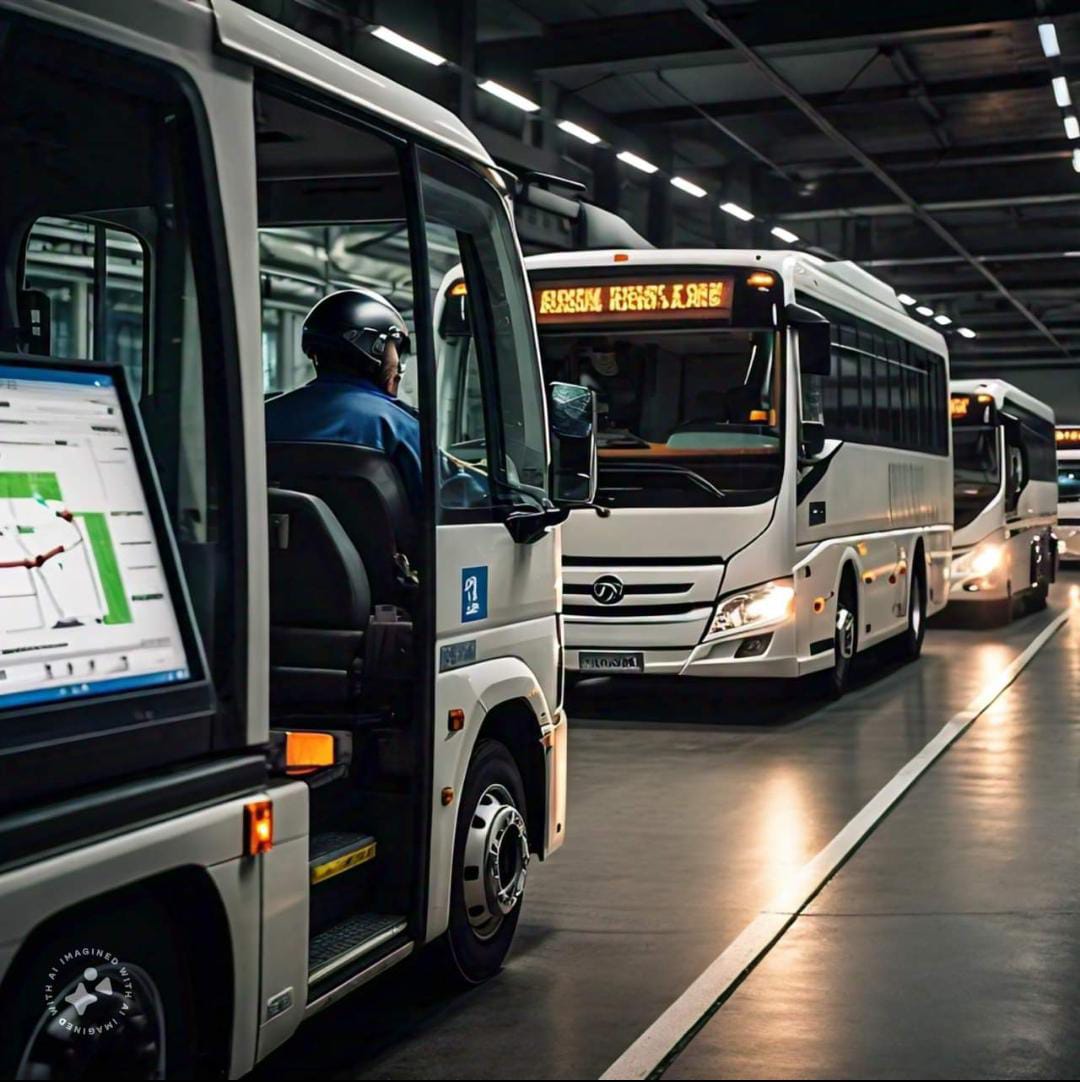Why is fleet management important? Fleet management is important for every cargo company and whether it is good or bad has a huge impact on the performance and ultimately the company’s profits. There are many aspects that need to be considered and adhered to in fleet management but for the most part, GPS tracking is non-negotiable.
GPS tracking technology, since its introduction in the world of cargo transportation has produced great output in the context of monitoring and accountability. Since its first application, the technology has revolutionized how fleet management is best-practiced thanks to the visibility and accountability offered (by the technology). GPS monitoring cameras are undoubtedly the safe driving tools of today.
Real-time monitoring that improves visibility is key
Real-time monitoring allows fleet managers to control most of the drivers’ activities during working hours. This type of monitoring is essential to support managers in making decisions regarding the most efficient route planning, fleet maintenance, working hour settings, points where drivers should take breaks, and so on. Better decisions, supported by real-time monitoring, will streamline the performance of the company (and the drivers within it) and consequently increase profits at the end of the day. Not only efficiency, but customer satisfaction levels will also increase as a consequence of more efficient transportation.
Monitoring not just the driver
Yes, GPS-based monitoring is able to target not only “driver behavior” but also vehicle speed, acceleration, and fleet idle time. By deducing these three factors, fleet managers can estimate what should be done to save fuel. Less fuel means more efficient transportation and greater profits.
And ultimately efficiency will lead to other benefits
Fuel savings ultimately have a positive effect on the environment and if the majority of cargo companies implement GPS monitoring technology in their fleet management, the adverse impact of pollution on the environment can be significantly reduced.
What is the positive effect of GPS monitoring on improving accountability?
Accountability is basically responsibility and in the context of the cargo business, accountability for company assets can be better pursued, for example, prevention of theft of company assets by drivers or other people. Theft prevention and waste prevention will in most cases minimize financial losses. Waste means poor accountability and efficiency means good accountability. It’s that simple.
How does GPS monitoring affect the improvement of driver performance and accountability?
Driver performance will obviously improve overall thanks to better route selection, better scheduling, and better trip suggestions. They may be able to save travel time, thereby reducing fatigue, or deliver goods faster. In terms of accountability, obviously, drivers are always supervised and with that supervision, they are indirectly better accountable because the less supervision there is, the more there is to report if an incident occurs or perhaps asset theft. There is always a risk of accidents on the road and if a GPS camera can prove your driver’s innocence (if he is indeed innocent), the accountability is certainly better








